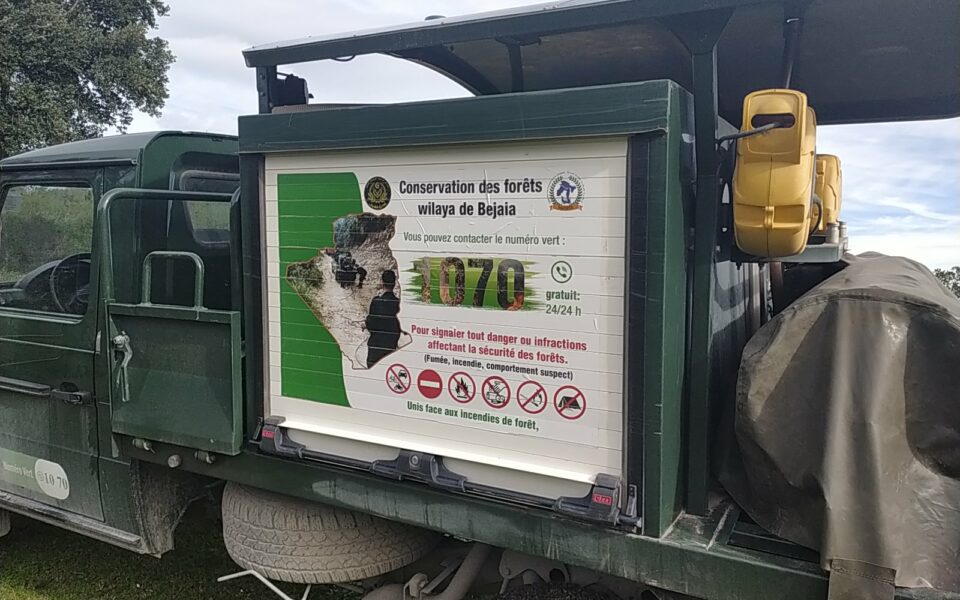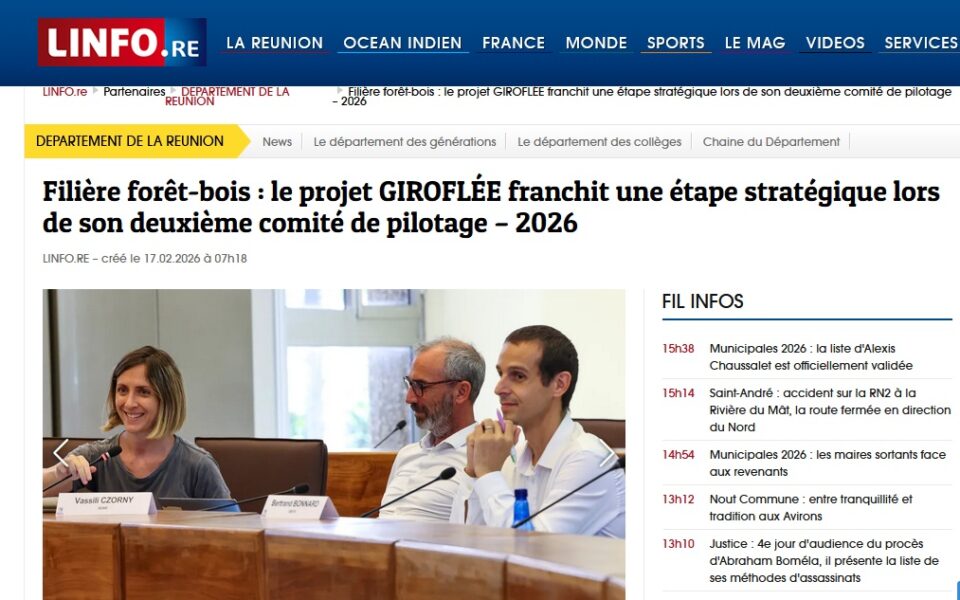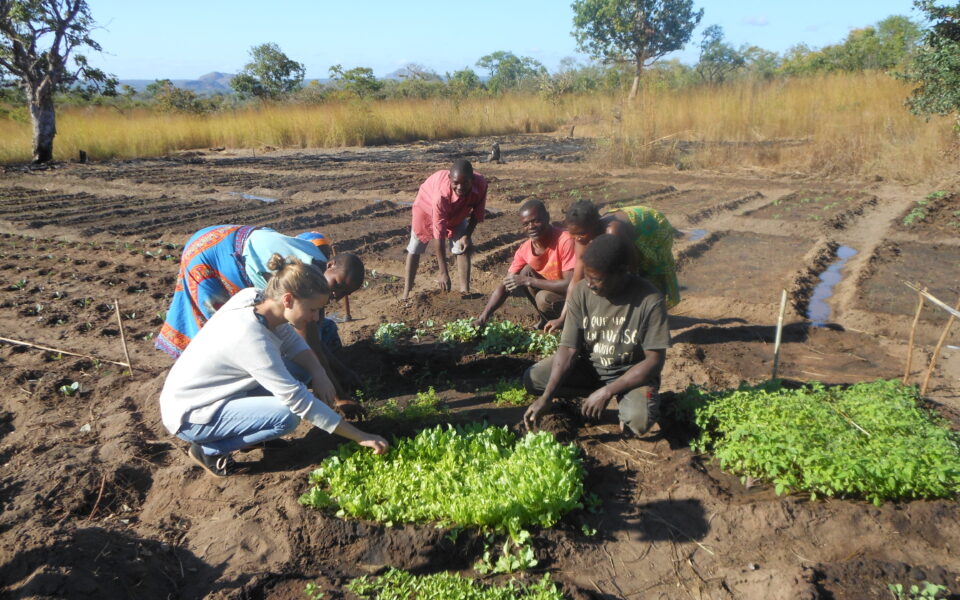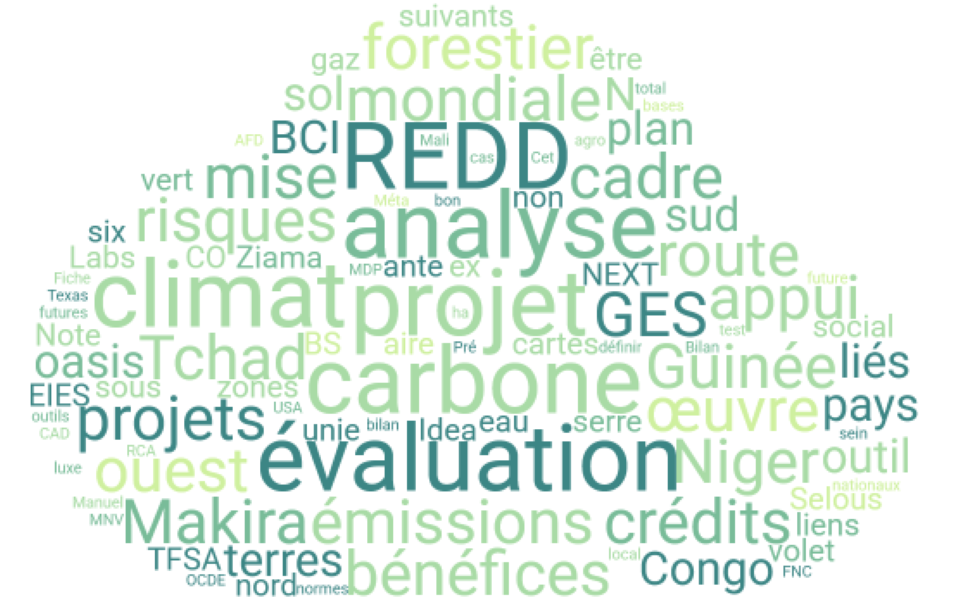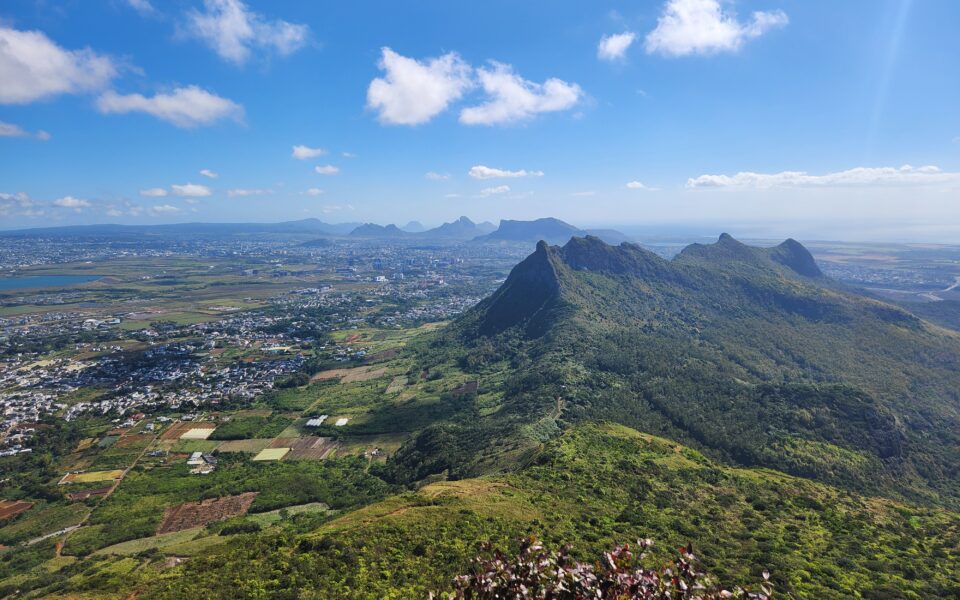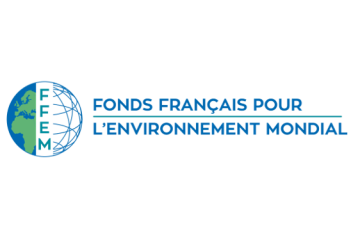
My organization is satisfied with this service, which was useful in fuelling the discussions around the project at the time of the FFEM's Scientific and Technical Committee and Steering Committee.
Review of the Project Document – Management of the Svay Chek Watershed with Nature based Solutions
French Facility for Global Environment, 03/2025
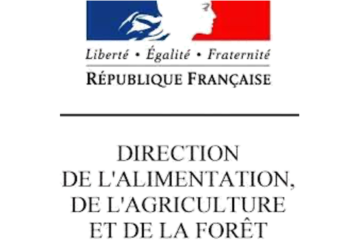
My organization is satisfied with this delivery that meets expectations.
Development of the Regional Forest and Timber Programme of Martinique
Direction de l’alimentation, de l’agriculture et de la forêt de Martinique, 11/2022
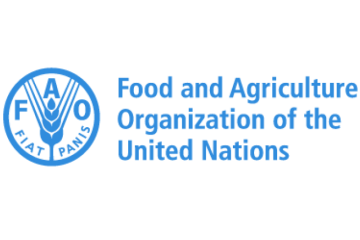
FAO is satisfied with this service, which has enabled the federations concerned to operationalize the Guarantee Fund made available to them.
Support for the setting up of agricultural projects by eight farmers’ federations
Organisation des Nations Unies pour l’alimentation et l’agriculture, 11/2017
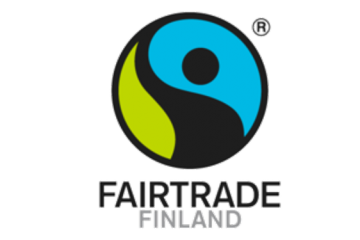
The tasks carried out by SalvaTerra were in accordance with the terms of the contract.
Evaluation of Fairtrade Finland’s 2018-2021 Cooperation Programme
Fair Trade Finland, 12/2022
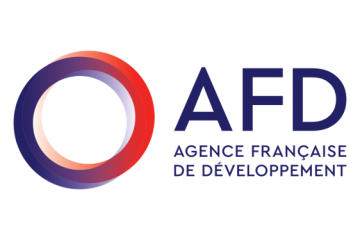
My organization is satisfied, in particular, with the rigour and quality of the work done by SalvaTerra.
Feasibility study of the Satellite Observation of Central and West African forests project
Agence française de développement, 09/2017
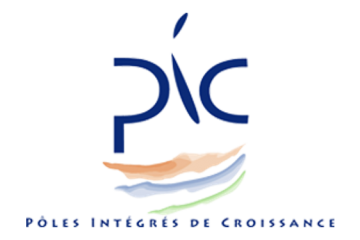
We are satisfied with their service and recommend SalvaTerra for similar services.
Analysis of cash crops potential in south Madagascar
Integrated Growth Poles and Corridors Project, 04/2021

The service was therefore satisfactory and was carried out according to the terms of the contract.
Assessment of the potential of agricultural export sectors on the East Coast
Integrated Growth Poles and Corridors Project, 01/2024

Dynamism and capacity for autonomy are particularly appreciated.
Support for the structuring of agricultural groups in Upper Guinea
Coopération française, 06/2004

My organization is satisfied with the progress of this delivery and the quality of its results given the time available.
Support for the implementation of Niger’s Nationally Determined Contribution
Expertise France, 10/2022

Mon organisme est très satisfait de l’exécution de cette prestation. The SalvaTerra SAS team was able to adapt to the conditions of the evaluation while ensuring the required rigor.
Final evaluation of the AFD-AVSF Multi-Year Partnership Agreement 2019-2022
French Development Agency, 10/2022

The consultant carried out the work [...] to our complete satisfaction.
Support for the Climate Strategy of the National Bank for Agricultural Development (BNDA)
National Agricultural Development Bank of Mali, 12/2023
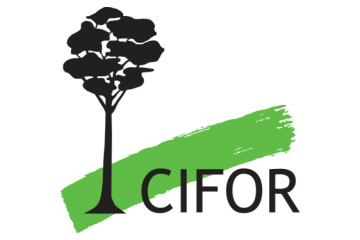
The performance was therefore satisfactory and among the five profiles carried out as part of the project, the one on Cameroon was of the highest quality.
Assessment of Cameroonian capacities in terms of MRV of GHGs in the forest sector
Centre pour la recherche forestière internationale, 02/2013

My organization is satisfied with this performance and with the report, which was very good, which allowed the project to be submitted on time.
Feasibility study of the project Restoration of forests and landscapes in the Central African Republic
Organisation des Nations Unies pour l’alimentation et l’agriculture, 12/2017

All services were provided in a timely manner and to high professional standards.
Study and support for beekeeping, ecotourism and native plants
Belgian development agency, 02/2025
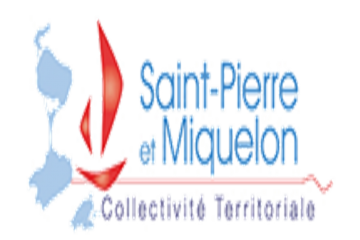
The Territorial Collectivity of Saint-Pierre and Miquelon is satisfied with this service and the professionalism of the company. The PDAD developed was also adopted by the Territorial Council in February 2019.
Development of the Sustainable Agriculture Development Plan for Saint-Pierre and Miquelon
Territorial collectivity of St Pierre and Miquelon, 07/2019













![[ANNONCE] SalvaTerra poursuit son développement en 2026 en intégrant l’Alliance for Nature](https://www.salvaterra.fr/wp-content/uploads/2026/03/Alliance-for-Nature-v2-aspect-ratio-960-600.jpg)
